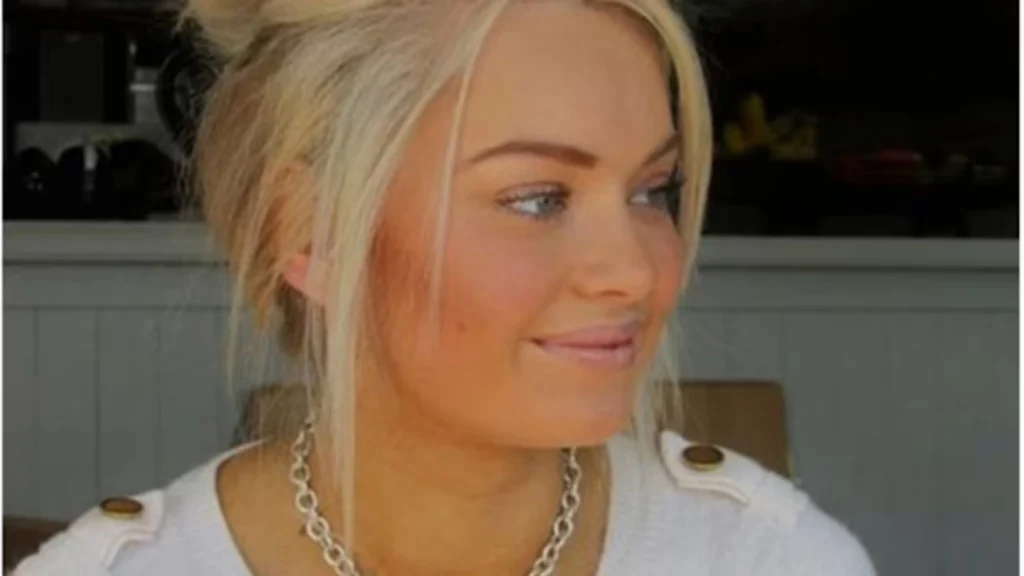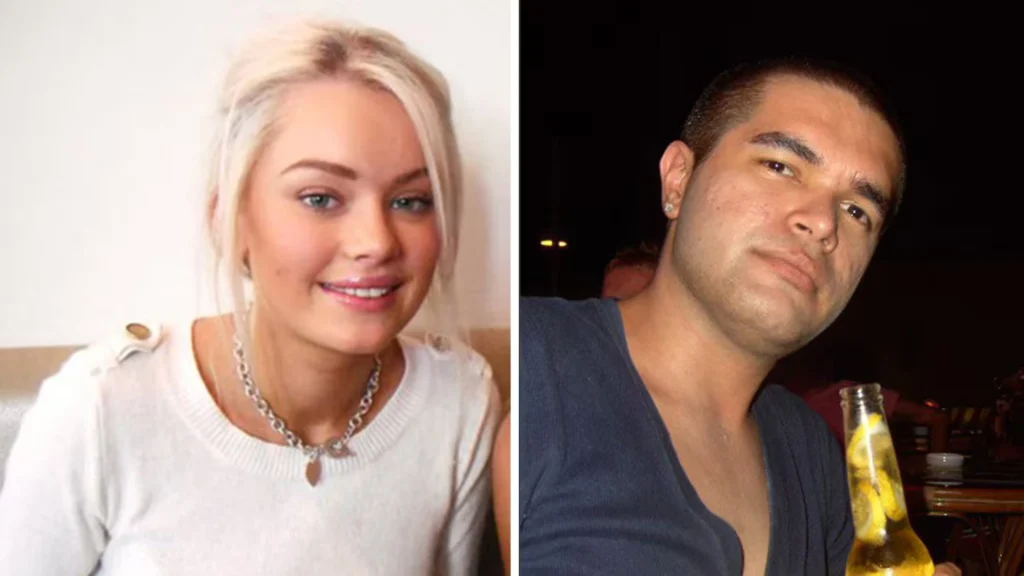On a quiet street in Bournemouth, England, in the early hours of May 7, 2011, a bright young woman’s life came to a sudden and devastating end. Emily Longley, just 17, was found dead in her boyfriend’s bedroom. She had traveled from New Zealand to the UK with dreams of studying, modeling and simply experiencing more of the world.
The person responsible was her 20-year-old boyfriend, Elliot Turner — a man who hid his rage behind wealth and charm but whose obsession with control proved deadly.
Emily Longley wasn’t the type to go unnoticed. Confident, outgoing and described as “full of life,” she had the kind of personality that made people remember her. Originally from Auckland, she moved to the UK in 2010 to attend Brockenhurst College in Hampshire. She had only been there for eight months before her life was cut short.
Her father, Mark Longley, later told the press, “Emily was a vibrant, loving, and talented young woman. She had her whole life ahead of her.”
A Relationship That Quickly Turned Dark

Emily met Elliot Turner in December 2010. On paper, Elliot seemed like a catch — son of wealthy jewelers, well-dressed, confident. But behind closed doors, things looked very different.
According to evidence presented in court, Elliot became jealous and possessive early in the relationship. Friends recalled his frequent outbursts and obsessive behavior. One of Emily’s friends described how Elliot would bombard her with texts and follow her around. He seemed to have a constant fear she was seeing other men. According to The Guardian.
It wasn’t just emotional control. Elliot once brought a hammer to a nightclub where Emily was partying, telling a friend he wanted to “do her in.” The same friend later testified that Elliot had also practiced chokeholds the day before Emily died.
Justice Linda Dobbs, who presided over the trial, described his actions as “cowardly and self-centered,” saying, “You bullied, harassed, threatened, and assaulted Emily to control her as your trophy.”
The Final Night

On May 6, 2011, Emily and Elliot had another argument. By this point their relationship was barely holding together. Emily had reportedly told friends she was planning to end things for good.
That night, Elliot invited Emily over to talk. They went out with friends, but the evening ended with the two returning to his family’s house. At around 9:45 a.m. the next morning, police received a call. Emily was dead.
She had been strangled. But there were no obvious marks, no bruising — just silence and a lifeless body in bed beside Elliot. At first, it seemed unclear what had happened. Elliot told police he had only briefly held her neck after she attacked him. But forensic experts explained later in court that a person can be strangled to death without showing external signs especially if the pressure is sustained over several minutes.
Family’s Role in the Cover-Up

It didn’t take long for investigators to realize that Elliot’s story didn’t add up.
Police discovered he had written a letter days before Emily’s death — a confession of sorts. He spoke about how he wanted to kill her and how he was struggling to control his jealousy. But that letter never made it to investigators because his parents, Leigh and Anita Turner, destroyed it, the BBC reports.
They also removed a jacket from the scene — one Elliot had been photographed wearing the night before. Police later charged them both with perverting the course of justice.
In court, the Turner family’s home was described as a place where Elliot was “spoiled” and “allowed to behave like a child with no limits.” Their attempt to protect him backfired. Both parents were convicted alongside their son for their roles in hiding the truth.
The Trial

At Winchester Crown Court, the jury heard the full story. Friends of Emily testified about her fear of Elliot. They described how she would try to avoid him but struggled to break away completely. Elliot, meanwhile, appeared cold and emotionless during interviews.
One moment that stood out during the trial came when a lawyer asked him why he didn’t seem upset about Emily’s death. Elliot replied, “Well, it was a year ago.” The courtroom fell silent. According to The Independent, many were left stunned by his casual tone.
After a four-week trial, the jury found Elliot Turner guilty of murder. He was sentenced to life in prison with a minimum term of 16 years. His parents received suspended sentences for trying to hide evidence.
Outside the courtroom, Emily’s father faced reporters. Holding back tears, he said, “Elliot Turner is a dangerous person. We’re pleased he’s not on the streets and can’t do this again.” He also spoke about his daughter’s kindness, ambition and courage.
“We miss her every single day,” he added. “The world lost a beautiful soul.”
In an interview, he later said, “No sentence will ever be enough. But at least we got justice.”
A Warning to Others
Emily’s death sparked conversations in both the UK and New Zealand about toxic relationships and how emotional abuse can quickly turn physical — or deadly. Her story became part of a larger discussion about warning signs and why victims often struggle to leave.
Mark Longley has since spoken out about the importance of early intervention and listening when someone says they’re afraid of their partner. “There were signs,” he said. “Looking back, it’s so clear. We need to teach people how to spot those signs — and how to act on them.”
As reported by Otago Daily Times, Elliot Turner later appealed his sentence, arguing that the trial was unfair. The Court of Appeal rejected this, saying the original decision was sound and based on overwhelming evidence. As of today, he remains in prison, serving out his life sentence.
The case of Emily Longley is not just about a single act of violence, it’s about the slow build-up — the controlling texts, the isolation, the threats that friends brushed off as “dramatic.”
More than anything, it’s a heartbreaking story of what happens when love turns into control — and control turns into tragedy.
Emily was more than a victim. She was a daughter, a friend and a young woman who deserved so much more.




